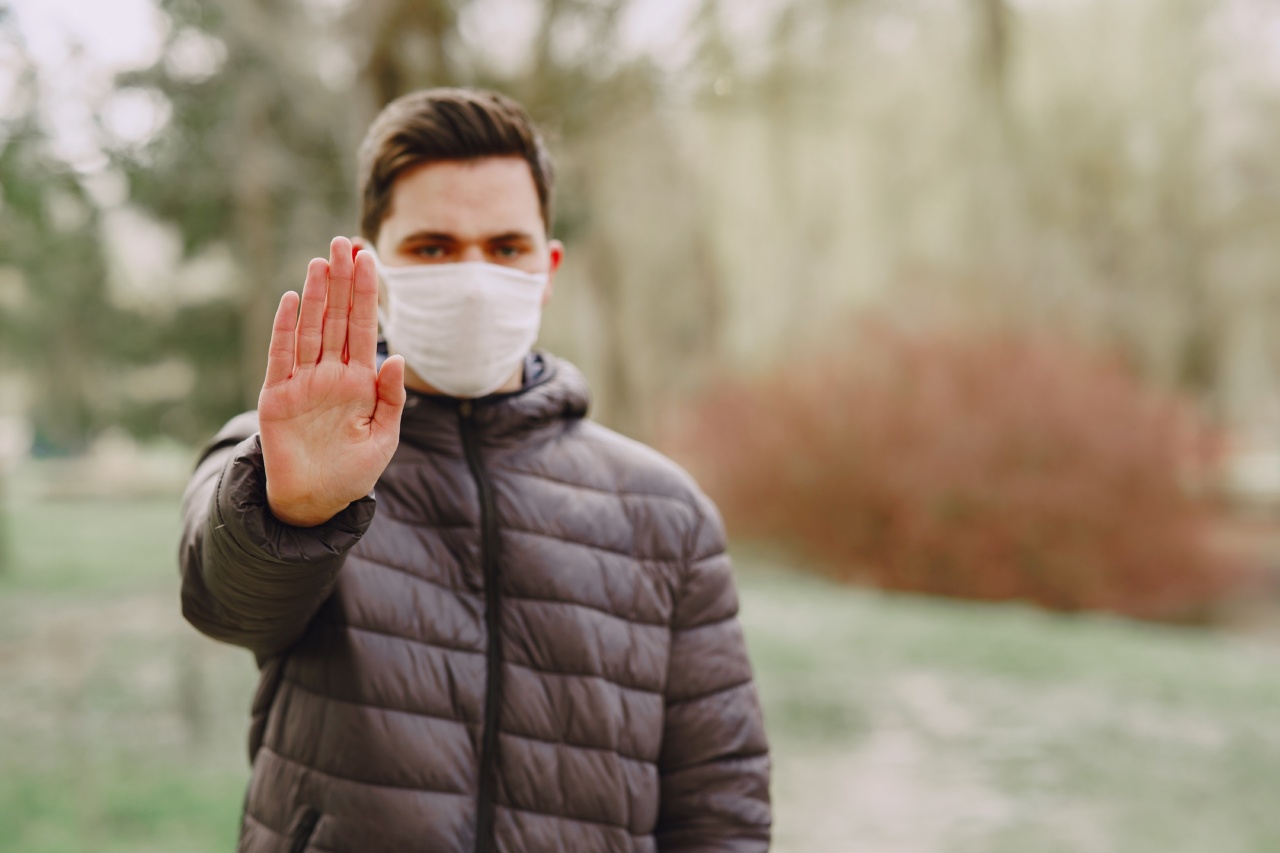Your hands are often the first point of contact when it comes to interacting with the world. They allow you to communicate, work, and enjoy the simple things in life.
However, they also provide an early warning sign of the onset of serious diseases that can significantly affect the quality of your life.
Dry Skin
One of the earliest warning signs of serious diseases such as arthritis and psoriasis is dry skin. The skin on your hands is often the first point of contact with these conditions, and it may start to crack and peel.
This dryness can lead to itchiness and even bleeding in some cases. Dry skin is often accompanied by minor discomfort and should not be ignored.
Numbness
A loss of sensation in your hands can be a sign of serious diseases such as diabetic neuropathy. This is a common condition where the nerves that supply the fingers and hands are damaged due to high blood sugar levels.
Other symptoms of diabetic neuropathy can include burning, tingling, and sharp pain. If you experience any of these symptoms, it is important to see your doctor as soon as possible.
Swelling
Swelling in the hands can be a sign of serious diseases such as rheumatoid arthritis and lupus. These conditions cause inflammation in the joints, resulting in swelling, redness, and pain.
If the swelling persists and is accompanied by other symptoms such as fatigue or weight loss, it is important to get a medical evaluation. Early intervention can help prevent permanent joint damage.
Changes in Skin Color
Changes in skin color on your hands can indicate serious diseases such as Raynaud’s disease. This condition causes the blood vessels in the hands and feet to constrict, resulting in a visible color change and a feeling of numbness.
Raynaud’s disease often occurs in people who work in cold temperatures or have a family history of the condition.
Joint Pain
Joint pain in your fingers, hands, and wrists can be a sign of serious diseases such as osteoarthritis and gout. These conditions cause the cartilage and bones in the joints to degenerate, resulting in pain, stiffness, and swelling.
If your pain persists for more than a few weeks, it is important to see your doctor.
Tremors
Tremors in your hands can indicate serious diseases such as Parkinson’s disease. This condition affects the movement of your hands, resulting in shaking, rigidity, and balance problems.
Other symptoms of Parkinson’s disease can include difficulty swallowing, mood swings, and depression. If you experience any of these symptoms, it is important to seek treatment as soon as possible.
Itching
Itching in your hands can be a sign of serious diseases such as liver disease and kidney failure. These conditions cause a buildup of toxins in your body, resulting in itching, dryness, and skin irritation.
Other symptoms of liver disease and kidney failure can include fatigue, nausea, and abdominal pain. It is important to get a medical evaluation if you experience any of these symptoms.
Weakness
Weakness in your hands can indicate serious diseases such as ALS and multiple sclerosis. These conditions affect the nerves that control voluntary movements, resulting in weakness, twitching, and difficulty with coordination.
Other symptoms of ALS and multiple sclerosis can include difficulty speaking, vision loss, and cognitive problems. If you experience any of these symptoms, it is important to get a medical evaluation.
Blisters
Blisters on your hands can be a sign of serious diseases such as eczema and dermatitis. These conditions cause red, itchy, and painful blisters to form on the skin, resulting in discomfort and irritation.
Other symptoms of eczema and dermatitis can include dryness, scaly patches, and thickened skin. If you experience any of these symptoms, it is important to get a medical evaluation.
Wounds
Slow-healing wounds on your hands can be a sign of serious diseases such as diabetes and vascular disease. These conditions affect your body’s ability to heal itself, resulting in delayed wound healing and increased risk of infection.
Other symptoms of diabetes and vascular disease can include numbness, tingling, and discoloration of the skin. If you experience any of these symptoms, it is important to see your doctor.





























